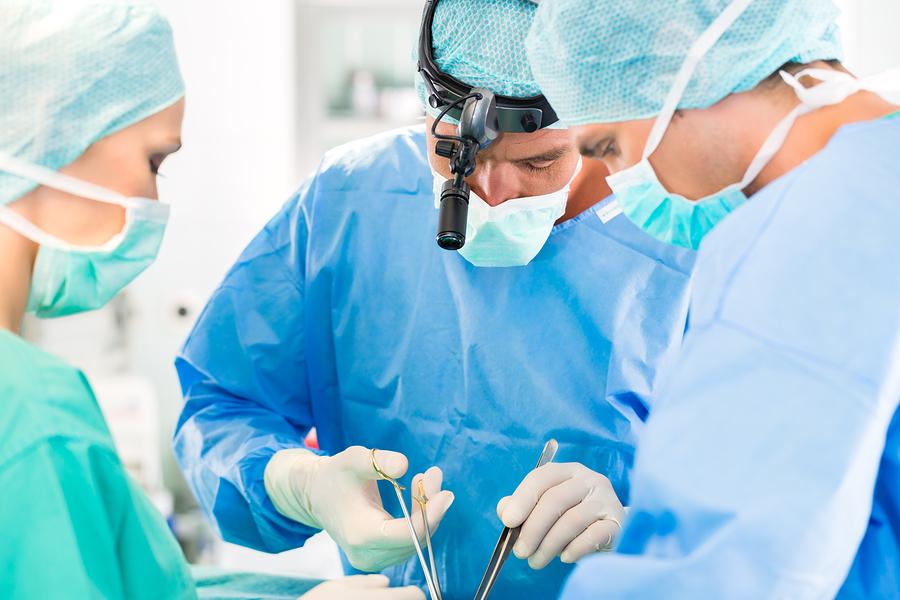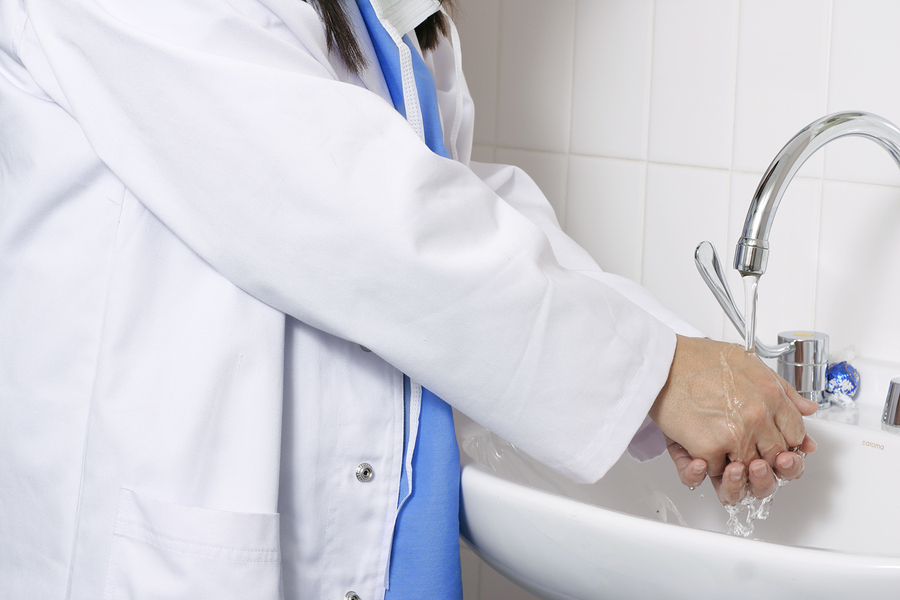A surgical site infection is something that can strike following absolutely any surgery! When this issue is experienced an infection will develop in the particular place on the body that the surgery took place.
This is not generally considered to be a common problem and on average up to five in every hundred surgeries will result in a surgical site infection. However, if you are undergoing surgery then it is worth knowing the risks and how to help protect yourself.
Today we are going to talk about surgical site infections and explain how they may develop after a procedure.
Signs of a Surgical Site Infection
A surgical site infection is characterised by pain and increasing redness in the affected area. Additionally, if you have noticed that any fluid that has been drained from your surgical wound is of a cloudy colour, then this is a strong indicator that you are suffering from an infection. If you notice any of these symptoms then you should mention them to a healthcare provider as soon as you can.
Due to the increased level of observation of a patient post-surgery, it can be expected that any problems of this nature will be discovered whilst still in the early stages. Catching a surgical site infection in the early stages can mean that it is simple to treat with an effective outcome.
Treatment Options
Fortunately, most surgical site infections can be treated without too much difficulty. The treatment involves the use of antibiotics over a set length of time. As we mentioned, the earlier you catch it, the easier it will be to treat!
The specific type of antibiotics required will depend on what type of bacteria has developed in order to cause the infection. It is also possible that surgery will be required in order to treat the infection if it has advanced to such a stage. However, this is considered to be fairly uncommon and isn’t something you should generally expect from a routine surgery.
Preventing Infections
Preventing surgical site infections is something that healthcare providers are always keen to do, and practicing extensive hygiene is one way to try to achieve this.
When a surgeon goes into any surgery they will always strive to clean their hands and arms properly with antiseptic. In the period of patients care following the surgery, doctors and nurses will also be careful to wash their hands between visiting each patient.
Body hair in the area where surgery is to be performed will be removed prior to surgery, as this can help to lower the risk of infection. The area will be washed well so that as many germs as possible are cleansed away. Antibiotics will also be administered prior to the surgery, usually an hour or so beforehand, in order to minimise the risk of infection.
It is a well-known fact that people who smoke are at a higher risk of surgical infections than those who don’t. Therefore not smoking before and after your surgery is always recommended. It is also important that anyone who visits you before and after your surgery clean their hands and make sure not to touch you unnecessarily.
The number of patients being allowed to go home soon after surgery has resulted in an increase in surgical site infections. This is because once the patient leaves the hospital they are exposed to higher amounts of germs and their hygiene is not being monitored. There are steps that the patient can take in order to help combat this problem,but there can be no guarantees as to the effectiveness of their doing so.
Long-Term Patient Wellbeing
Generally speaking, the healthier a person is, the lower their chance of developing an infection is. The immune system function plays a huge role here and the importance of nutrition in relation to this key function should never be overlooked.
Certain special population groups, such as older adults, are at a higher risk of experiencing nutrient deficiencies. This in turn puts them at a heightened risk of having a compromised immune system. This can increase the risk of a person developing a surgical site infection, as well as other health-related problems.
Healthy eating is a concept that should be prioritised and embraced as standard, but before and after surgery this is something that should be given special attention. As you heal from such a procedure, it is essential to fuel your body with the vitamins, minerals, and other nutrients that it needs to function as well as it possibly can.
If you are not consuming an ample amount of key nutrients, then you may begin to experience the symptoms of a deficiency. This can be quite detrimental to overall health, and will be especially detrimental to any effort made by the body to combat infection.
Aiming to consume a varied selection of natural, whole foods is a great way to protect your body in this way – not just in regards to surgery, but with your everyday diet! Try to limit the amount of processed, packaged junk foods that you are eating, as well as those that are high in sugar and saturated fats.
Ongoing Research
Research is currently being conducted into the potential of small wireless sensors in orthopedic implants for the purpose of infection prevention. This involves a hydrogel used within the sensors which will detect the early signs of a surgical site infection.
It is hoped that this new technology will prevent this problem from occurring as frequently, bringing relief to many hundreds of thousands of patients every year. However, this is not a problem that can be prevented entirely, and so it remains the responsibility of all involved in a surgery (yourself as the patient included!) to do the best they can to avoid germs and ollow best hygiene practices!
References
1) https://www.nice.org.uk/guidance/CG74/chapter/Patient-centred-care
Related Posts
Cigarettes May Inhibit Inflammation Treatments
Axial spondyloarthritis, also known as AxSpa, is a chronic…










